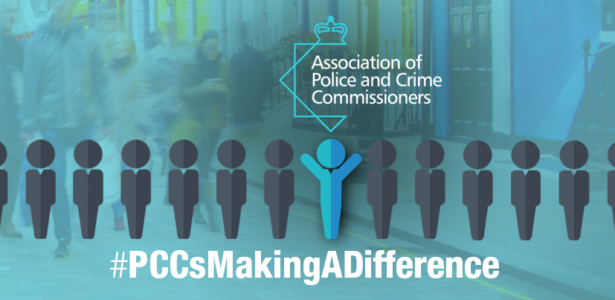Julia Mulligan requests withdrawal of document demanding access to personal digital material

Elected Police and Crime Commissioners have a key role as local victims’ champions within the Criminal Justice System.
This week’s announcement of a new document requiring complainants to either agree to the download and search of a wide range of digital personal data or to face the threat that their case will be discontinued has caused PCCs to be extremely concerned about the impact this will have on victims.
APCC Victims Lead, Dame Vera Baird PCC said:
“In our communities, rape and sex offence complainants are telling us that unless they grant unfettered access to their mobile devices, they are told that their case will not be proceeded with. There are also a large number of examples where material unconnected to the facts of the case and sometimes months or years before on entirely different topics has been handed by CPS to the defence and used at court to try to discredit the complainant. These examples are all from sexual assault and rape cases.
“Whilst we recognise that police must pursue all reasonable lines of inquiry and disclose anything that may undermine the prosecution or assist the defence, this form has been called a digital strip search by campaigners. CPS policy officials have admitted that demands for this kind of material have gone too far in the past. The way to get balance is surely to consult with victims’ representatives as well as those who defend.”
APCC Deputy Victims Lead, Julia Mulligan PCC said:
“As someone with lived experience I can tell you that it is hard enough having to live through a sexual attack or rape, without having to expose oneself to this ‘in return’ for an investigation. And to be told you have no chance of justice without doing so is truly awful.”
APCC Criminal Justice Lead, David Lloyd PCC said:
“We have no doubt that this form, as it currently stands, should be withdrawn, or it is likely to result in a loss of confidence in the police, the CPS and the criminal justice system more broadly. Many technology companies have made clear that technology can help us with this issue – allowing prosecutors and police to have access only to relevant information on mobile devices.
“We are ready to work closely with the DPP, police chiefs and Attorney General to ensure that any work to improve the system around disclosure is appropriate and has the confidence and safeguarding of victims at its centre.”
